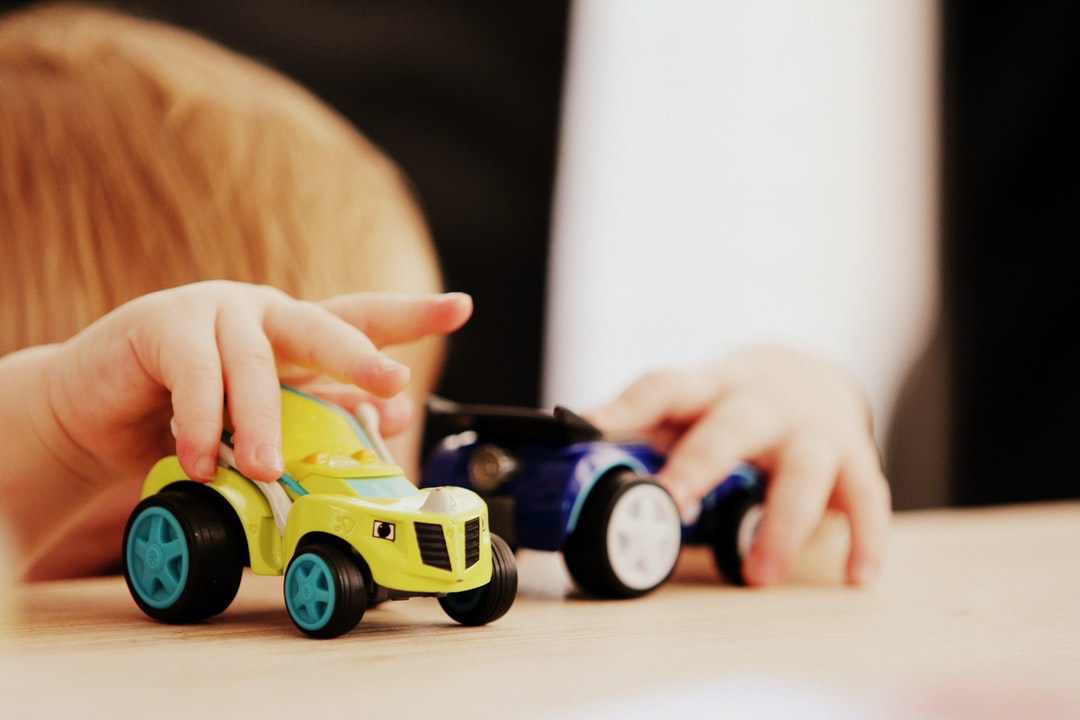Play therapy makes a difference. Play is an enjoyable, fun activity that elevates our spirits and brightens our outlook on life. Play relieves feelings of stress and boredom and, most importantly, helps us express ourselves.
What is Play Therapy?
Play therapy refers to a large number of treatment methods, all applying the therapeutic benefits of play. Play therapy helps children to address and resolve their own problems and builds on the natural way that children learn about themselves and their relationships in the world around them.
APT defines play therapy as the “systematic use of a theoretical model to establish an interpersonal process wherein trained play therapists use the therapeutic powers of play to help clients prevent or resolve psychosocial difficulties and achieve optimal growth and development.”
What does Play Therapy help?
Play therapy helps children:
- Become more responsible for their behaviors and develop more successful strategies
- Develop new and creative solutions to problems
- Develop respect and acceptance of self and others
- Learn to experience and express emotion
- Process traumatic experiences in their natural language
- Cultivate empathy and respect for thoughts and feelings of others
- Learn new social skills and relational skills with family
- Develop self-efficacy and a better assuredness about their abilities
Play therapy aims to help a child’s growth and development. The practice of play therapy requires extensive, specialized education, training and experience.
Why Play Therapy?
Play is a child’s world, language, and expression. The play is the story and the toys are the words. Therefore, kids should not be expected to come into therapy, sit on a couch, and talk for an hour about how they feel and what they’re thinking. We know play therapy works. Various research studies and meta-analyses exhibit data consistent with play therapy as a safe, effective, and natural means of addressing multiple problems including anxiety, depression, grief, school refusal, behavior problems, bedwetting, night terrors, post-trauma symptoms, attachment wounds, divorce, self-esteem, and many others.
If you’re interested in learning more about play therapy and how it can help your child grow, contact us today. We offer play therapy in Mechanicsville, VA.

